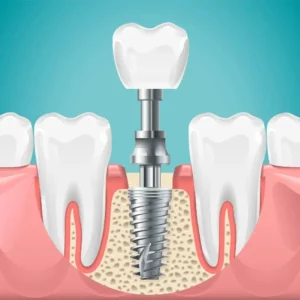
Cancer therapy frequently accompanies a large group of testing incidental effects, including nausea, regurgitating, and appetite loss, which can fundamentally influence patients’ personal satisfaction. While customary drugs might offer help, numerous patients are looking for elective cures that are gentler on the body. Enter live resin carts—a type of weed concentrate that might hold promise in managing these side effects for cancer patients.
Live resin contains a concentrated type of weed remove known as live resin, which is gotten from newly gathered marijuana plants. Not at all like different types of pot concentrates, like wax or break, live resin holds a higher grouping of terpenes—tthe fragrant mixtures responsible for the plant’s unmistakable flavors and remedial impacts. These terpenes, alongside cannabinoids like THC and CBD, may offer helpful advantages for cancer patients experiencing nausea and appetite loss.
One of the essential components that might assist with managing nausea in cancer patients. THC, the essential psychoactive compound in marijuana, ties to cannabinoid receptors situated all through the focal sensory system and gastrointestinal tract, tweaking synapse movement and diminishing nausea and vomiting.
Besides, live resin carts might assist with invigorating appetite in cancer patients encountering loss of appetite or cachexia, a squandering condition described by compulsory weight reduction and muscle squandering. THC has been shown to build appetite and food admission by restricting cannabinoid receptors in the cerebrum’s appetite-managing focuses, animating the arrival of craving chemicals and upgrading the acceptability of food.
Live resins offer a possibly gentle and viable approach to managing nausea and appetite loss in cancer patients going through therapy. Notwithstanding, it’s fundamental for patients to talk with their medical care suppliers prior to integrating these carts into their therapy routine to guarantee security and viability, as well as to comply with neighborhood guidelines in regards to clinical pot use.





























